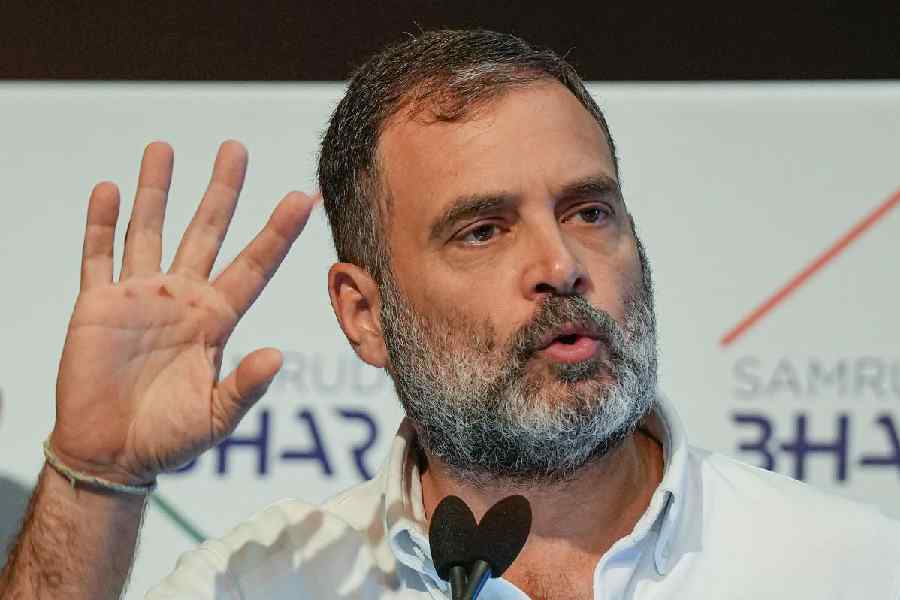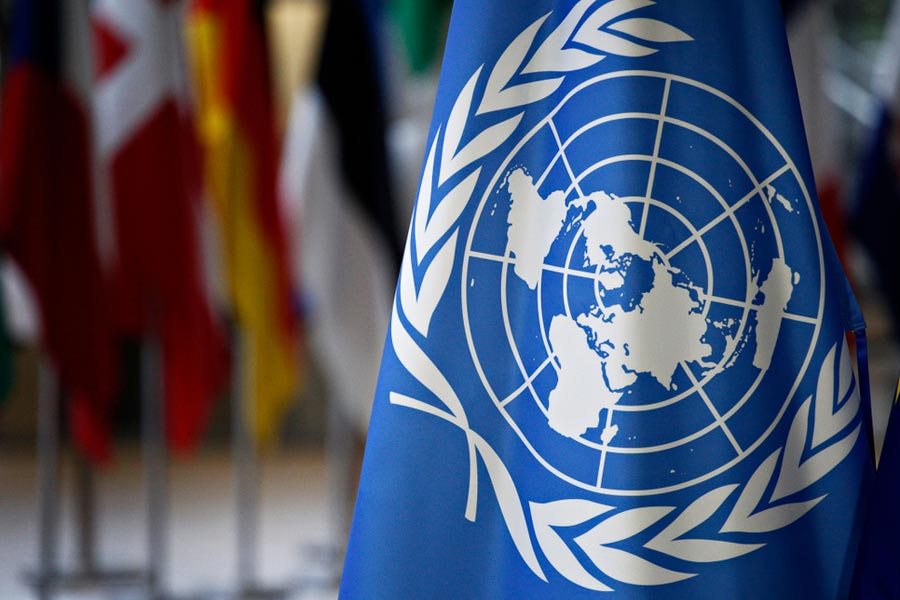Sins of commission
The resignation of 20 European commissioners, including the president, Mr Jacques Santer, is a turning point in the political evolution of the European Union. More significant than the euro?s launch, it marks an end to the elitist manner in which European unity has been promoted so far. Until now, it has been assumed ultimate EU authority lay in Brussels, the commission?s headquarters. With the mass resignation, power has shifted decisively towards Strasbourg, home of the European parliament. This development has long been overdue. The commission had gotten used to being the first and last word on all things European. Parliament was treated as little more than a sop to popular sovereignty, its elections barometers of local rather than continental concerns. But the corrupting nature of absolute power proved a law that even Brussels could not escape. An audit report accusing the Brussels administration of loose financial management last year led to an earlier showdown between Mr Santer and parliament. At first , parliament backed down before a resignation threat by the commissioners. But it insisted on a full investigation. The damning report of that investigation has triggered the present crisis. The report makes it clear several commissioners were guilty of abusing their authority for patronage purposes ? though none lined his or her pocket ? and tolerating a lot of fiscal laxity. The resignations were an admission by Mr Santer that he could not afford another run in with parliament. Brussels had bent at the knee to Strasbourg.
The creation of the EU will go down as one of the great political developments of the 20th century. Yet it has been a movement determined solely by Europe?s political elite, with minimal inputs by the larger population. Whether it was Maastricht or the euro, most decisions were taken by a small conclave of politicians. Their motives were above board ? to imbed a single Germany in a larger political framework and ensure the continent would never again be torn apart by war. However, the sudden collapse of the Berlin wall led them to place European unity on the fast lane. This left little time to mobilize popular opinion in favour of union. It also meant developing decisionmaking methods that tended to function behind closed doors, away from the distractions of the public and media. The negative impression most Europeans have of Brussels and its supposedly high spending, arrogant ?Eurocrats? is a direct consequence. The greater sin of Mr Santer and his colleagues is that they functioned the past seven or eight years in a manner that ensured they had little political goodwill with the parliament?s constituents. As Europe?s elected leaders look for a replacement commission, they do so knowing they must satisfy mass opinion and not merely bureaucratic efficiency. The dream of European unity is at last being forced to join hands with the reality of Europe?s people.
 Thursday, 25 April 2024
Thursday, 25 April 2024









